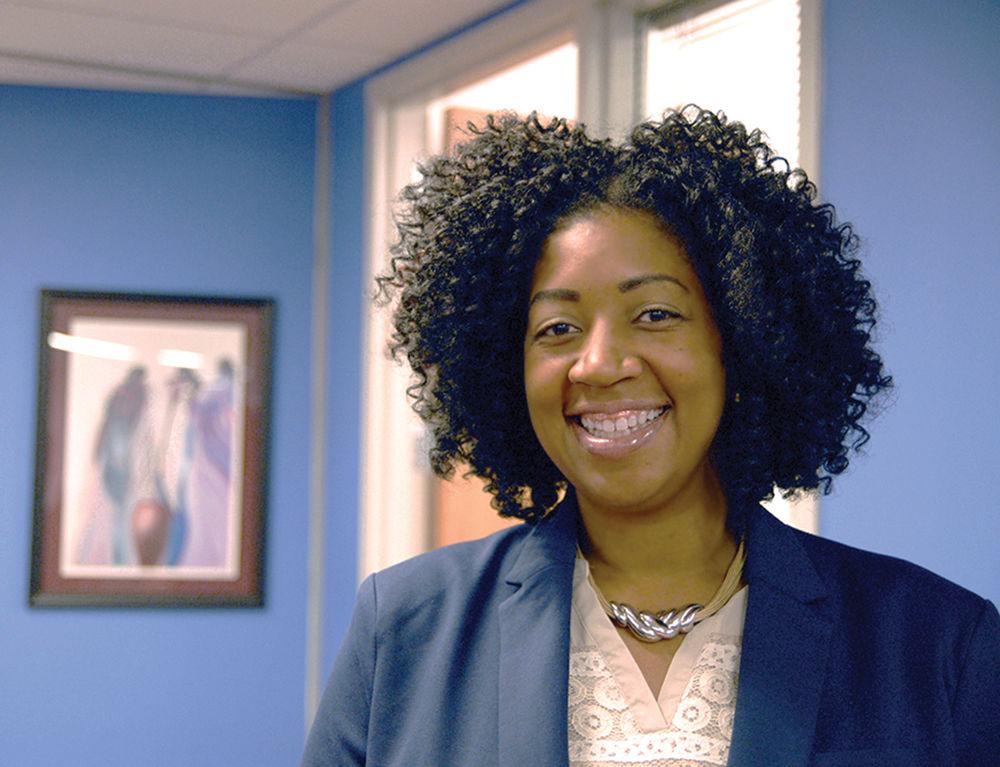Nashia Whittenburg will be the director of Multicultural Student Affairs starting in the fall 2017 semester, after starting work at MSA earlier this month. MSA “researches, designs and implements unique programs that promote the pursuit of academic success, retention and graduation of students, with an emphasis on African-American, Native American and Hispanic/Latino students,” according to its website.
As director, Whittenburg will oversee the entirety of MSA, and implement new programs. Technician sat down with her to ask questions about her plans for the department.
What did you do before accepting position of director of the MSA at NC State?
I was the director of multicultural affairs at Armstrong State University in Savannah, Georgia.
What is the purpose of the MSA?
It is to provide a support system for underrepresented students as well as a teaching opportunity for all students to learn more about different cultures, particularly the cultures, races and ethnicities of the students that are here at NC State.
What are your plans and ideas for MSA this coming academic year?
Some of my biggest plans would be, of course, to respect the traditional programs that were here, but also to institute retention programs that address the needs of underrepresented students. That would involve establishing additional living and learning communities for underrepresented students, as well as adding in academic components to more of the social programs, as well as, of course, making sure we have our office fully staffed. Adding in additional programs and support for Asian and Asian Pacific Islander students. I would also like to enhance the living and learning communities that already exist.
Are there any new MSA sponsored events that you would like to implement this coming academic year?
I’d like to implement new events as they relate to conferencing for our Latinx students and having them attend the Hispanic association of college and universities conference. I’d also like to institute a retention program through Mana, for Latinas. That is a national networking organization with a focus on retaining and supporting Latinas. I’d also like to institute a similar program for the Student African-American Sisterhood, for African-American women. Those will all be living and learning communities. That’s where I’m at after my first nine days.
What exactly is a MSA sponsored learning community, and how do they benefit students?
You want to take the retention numbers of the students that you’re supposed to be addressing. Underrepresented students. Where there are particular ethnicities or cultures where those retention numbers are low, that’s when you want to begin to institute support systems. That can look like anything. It can be a simple as something here in the office, or it can be a little bit more structured, where there’s a living and learning community with an academic base coupled with mentoring by faculty and staff, but the program is run from the Office of Multicultural Affairs. A learning community would be similar to the BMI (Black Male Initiative) village here.
Are there any current issues with MSA that you would like to remedy during your tenure as director?
I haven’t been here long enough to see if there are any issues, per se. What I can say is that students absolutely love coming into the office, and that’s the type of culture and environment that I want to maintain. I want students to continue to feel comfortable. I’d also like to see an established prayer space for Muslim students in Talley and to expand across campus.
What are your long-term goals for the MSA department?
It’s to have students be able to have challenging conversations with one another on race and ethnicity. To understand and respect the differences of opinion, and in that respect, to come together to help one another achieve their personal goals and professional goals. That alone makes for a better, livable environment as an institution.
What does the word ‘diversity’ mean to you?
Diversity is multi-faceted, there’s a lot of different things it could mean. It means a lot of different things to a lot of people. For me, it is just all-inclusive, celebrating the unique aspects of what makes a person who they are. Be it someone who is left-handed, who wears glasses versus contacts, there’s also diversity in race and ethnicity and gender and sexual identity as well. There’s religion, there’s veteran status, there’s military status, it runs the gambit.








